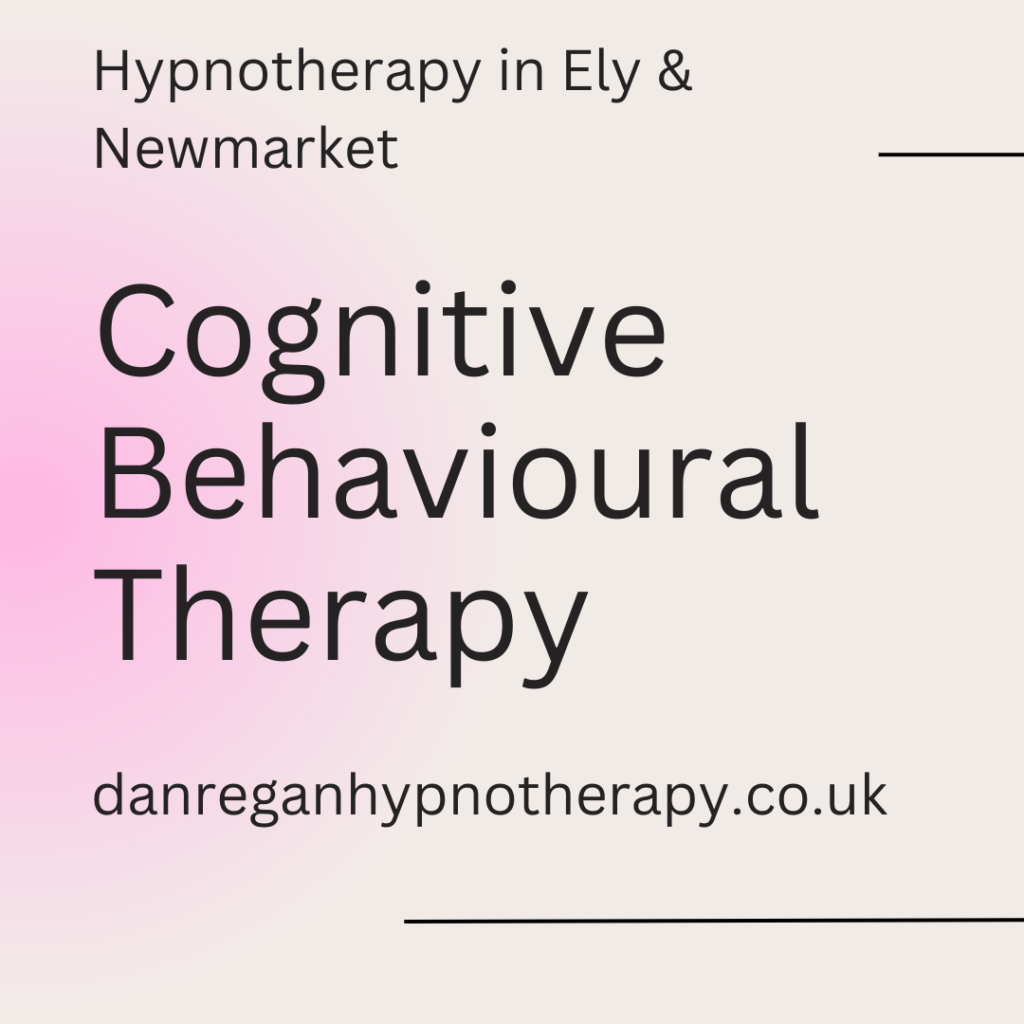Required
Has Cognitive Behavioural Therapy Had Its Day?

Has Cognitive Behavioural Therapy Had Its Day?
Now there’s a question that is likely to raise a few eyebrows! Because, like pills, those controlling the NHS purse strings love CBT as a catch-all treatment probably as much as they love people being treated with anti-depressants.
And it isn’t hard to see why – CBT offers a fixed, standardised, cheap cost service, where the only downside is that people who are depressed or suffering severe anxiety may have to wait 8-12 weeks to get started.
Yet research last year found that CBT is getting less effective over time – researchers found that CBT for treating depression is roughly half as effective as it used to be.
And combined with the falling effectiveness, results from a survey by the British Psychological Society show that those delivering the services may be in more need of help than those receiving it.
The survey found that almost one in every two NHS psychological professionals reported depression and feeling they are a failure. As they reported, “The overall picture is one of burnout, low morale and worrying levels of stress and depression in a key workforce that is responsible for improving the mental health of the public”.
Now to be clear, I have huge admiration and support for all aspects of the NHS and those who work within it.
Yet as a professional therapist it does set alarm bells ringing that more and more money is being pumped into a service that is providing diminishing results and placing more and more burden upon those expected to deliver them.
CBT For Anxiety
A large number of people who come to me for help to overcome anxiety and panic will have already been through the CBT process.
And whilst I am sure there are others who do receive adequate help through CBT, I often hear things from my clients such as:
‘I can’t think straight enough when I am anxious and having a panic attack to use the techniques I was shown’
‘I felt better for a few months but now all those thoughts and feelings are back’
‘I understand a lot more about why I feel anxious but it hasn’t gone away’
And as an anxiety specialist I know exactly why this is the case.
When CBT misses the target
Usually when Cognitive Behavioural Therapy fails to sort anxiety it is because:
a) The person with anxiety wasn’t taught the techniques that were most helpful to them individually to turn down their anxiety to a manageable level day to day.
b) The way our minds work on patterns has not been adequately resolved. As creators of habit we tend to do the same things in a situation now as we have in similar situations in the past. That means you have to break that pattern by taking away the anxiety so that the emotions do not automatically arise in the future in those similar situations.
c) The person hasn’t been taught effective techniques that actually fit with how our minds work. When we feel very anxious or panicky, we lose the ability to think straight – in effect, our brain directs us to take action to fight or run away from that situation (and we respond to psychological threats in exactly the same way as we do to physical threats). This means that we ‘lose’ the ability to think clearly, logically and rationally (until after the threat is over and we feel safe again).
The reality remains that until adequate funding is made available to support mental health services in the UK, and until adequate support is given to those seeking to provide those services, then in all likelihood the effectiveness of NHS psychological services is likely to continue to erode.
Dan Regan
Cognitive Behavioural Hypnotherapy in Ely and Newmarket
www.danreganhypnotherapy.co.uk
Struggling with anxiety, stress, worry and fear and need some help? Find out how I can help with a Complimentary Hypnotherapy Strategy Session. Learn more here: Appointments
Find out what dozens of other people have said after their hypnotherapy sessions with Dan: Hypnotherapy Testimonials
And check out these powerful hypnosis downloads that can start helping you right away with anxiety, confidence and more: Hypnosis Downloads
References:
Get Your Copy Right Now…
Subscribe to Dan’s Digest filled with tips, strategies and techniques and get instant access to your free rapid relaxation hypnosis audio track.
Enjoy feeling and being more mentally calm and physically relaxed right now:




0 Comments